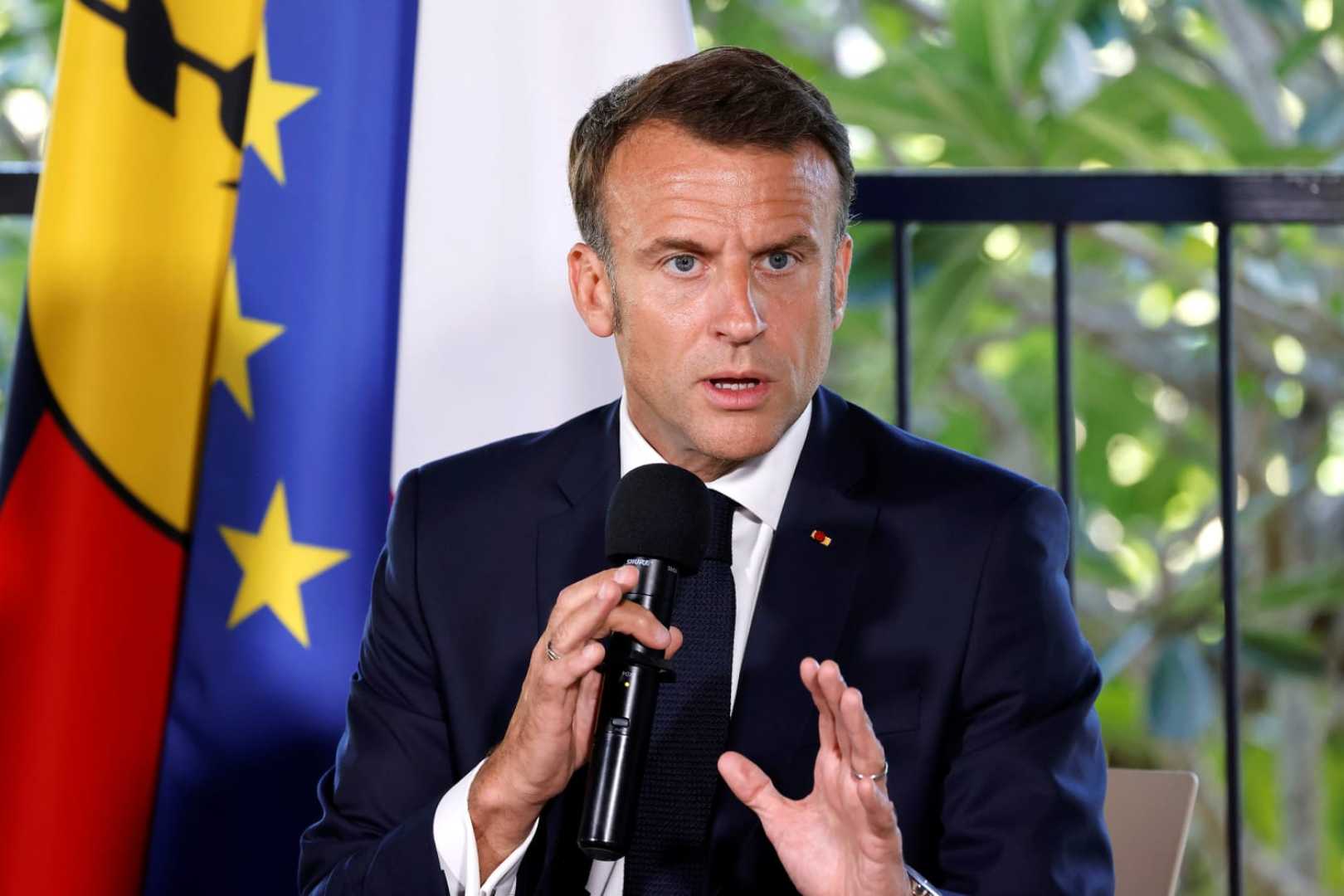News
France, New Caledonia Restart Talks After Deadly Unrest Over Electoral Revisions

PARIS – New Caledonia‘s rival factions have gathered in Paris this week to resume talks with the French government, which were stalled for over a year following deadly riots that rocked the overseas territory. The discussions aim to establish a collaborative vision for the region’s future, seeking to reconcile tensions between the Indigenous Kanak community and French settlers.
The escalation of violence began in May 2024 after French parliament proposed changes to New Caledonia’s electoral roll, a move pro-independence groups viewed as a threat to their political power. The unrest claimed 14 lives, including 11 Kanak protesters, and inflicted approximately €2 billion in damages across the territory.
Prime Minister François Bayrou, in office since last December, has prioritized these territories and sees this week’s meeting as a critical step forward. While overseas minister Manuel Valls previously initiated the dialogues earlier this year, a significant gap in perspectives still exists between the pro-independence factions and loyalists.
Recent proposals have introduced a concept of “sovereignty” while maintaining ties to France. This would permit New Caledonian authorities to manage defense, justice, and currency issues, while still requiring delegation back to the French government. Emmanuel Tjibaou from the Kanak and Socialist National Liberation Front (FLNKS) welcomed the framework as a starting point for decolonization.
On the contrary, loyalist factions—settlers and their descendants—have vehemently opposed these concessions, advocating for strengthened provincial governance instead. MP Nicolas Metzdorf of President Macron’s party voiced concerns, emphasizing the group’s desire for political stability and loyalty to France.
The sociopolitical landscape was shaped by complex historical dynamics since New Caledonia’s colonization in the mid-19th century. Several referendums on independence were held since the Matignon Agreements and the Nouméa Accord of 1998. However, recent developments have stalled political progress and heightened anxiety among New Caledonians over economic challenges and job losses following the closure of key industries.
President Macron has stressed the urgency of resolving the electoral roll disputes ahead of upcoming provincial elections, due by November 30. Despite differing ideologies, expectations are modest for this week’s discussions, with local leaders pushing for an end to a cycle of violence and to alleviate socioeconomic grievances. “We are determined to work towards a better tomorrow for all New Caledonians,” Tjibaou stated ahead of the negotiations.












